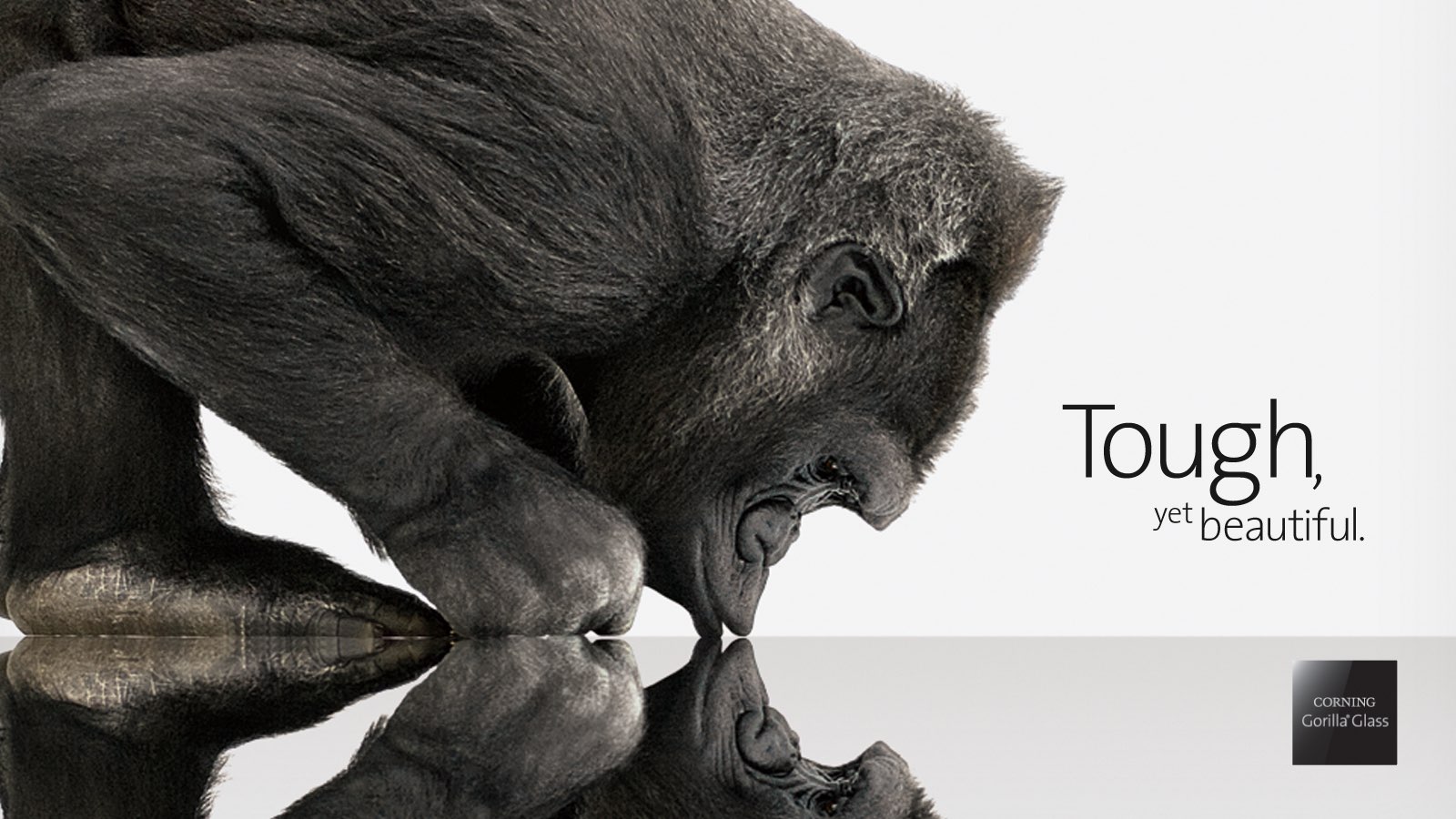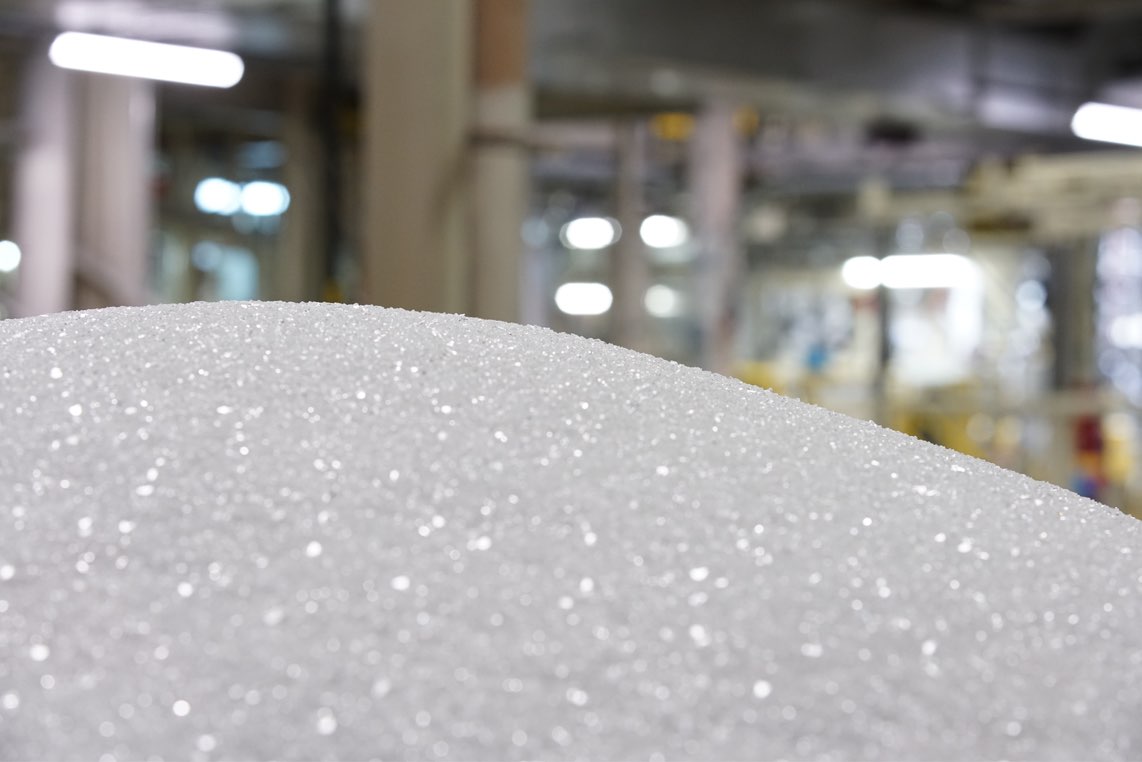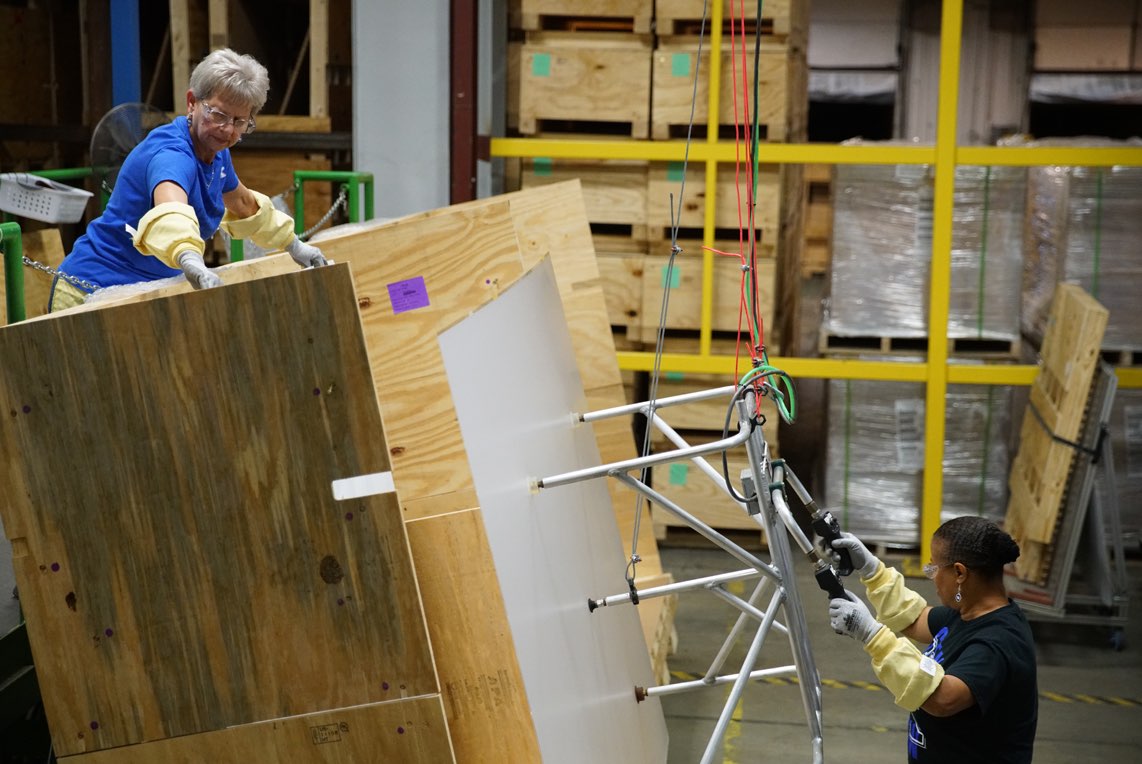
Gorilla Glass maker Corning Incorporated shall receive a cool $200 million from Apple’s new $1 billion fund aimed at creating advanced manufacturing jobs in the United States.
The investment will support the Kentucky-based company’s R&D, capital equipment needs and “state-of-the-art glass processing,” Apple said Friday.
For over a decade, Corning employees have helped create the protective glass found on iOS devices, with its 65-year-old Harrodsburg facility having been integral to the collaboration between the two companies.
Since the inception of Gorilla Glass in 2007, the Apple-Corning partnership has created and sustained nearly 1,000 US jobs across Corning’s R&D, manufacturing and commercial functions, including over 400 in Harrodsburg, said the iPhone maker.

Corning’s procured enough renewable energy to cover all of its Apple manufacturing in US.
Jeff Williams, Apple’s chief operating officer, said:
Corning is a great example of a supplier that has continued to innovate and they are one of Apple’s long-standing suppliers.
This partnership started 10 years ago with the very first iPhone, and today every customer that buys an iPhone or iPad anywhere in the world touches glass that was developed in America.
We’re extremely proud of our collaboration over the years and we are investing further with Corning who has such a rich legacy of innovative manufacturing practices.
Corning recaptures glass material for use in the production process and to help reduce waste.

Corning developed its durable type of glass back in the 1960s.
Aptly dubbed Gorilla Glass, it was a financial flop at the time so the company stopped making it. Fast forward to 2005, when Corning CEO Wendell Weeks gave Steve Jobs a demonstration of his company’s glass material.
Jobs was impressed and decided to use Corning’s glass protection for the original iPhone, as explained in Walter Isaacson’s authorized biography of the late Apple co-founder:
Jobs said he wanted as much Gorilla Glass as Corning could make within six months. ‘We don’t have the capacity,’ Weeks replied. ‘None of our plants make the glass now.’
‘Don’t be afraid,’ Jobs replied.
This stunned Weeks, who was good-humored and confident but not used to Jobs’ reality distortion field. He tried to explain that a false sense of confidence would not overcome engineering challenges, but that was a premise that Jobs had repeatedly shown he didn’t accept.
He stared at Weeks unblinking. ‘Yes, you can do it,’ he said. ‘Get your mind around it. You can do it.”
As Weeks retold this story, he shook his head in astonishment. ‘We did it in under six months,’ he said. ‘We produced a glass that had never been made.’
Corning’s facility in Harrisburg, Kentucky, which had been making LCD displays, was converted almost overnight to make Gorilla Glass full-time.
‘We put our best scientists and engineers on it, and we just made it work.’
In his airy office, Weeks has just one framed memento on display. It’s a message Jobs sent the day the iPhone came out: ‘We couldn’t have done it without you.’
In the US, Apple now supports two million jobs across all 50 states.
This includes 450,000 jobs attributable to the firm’s spend and investment with US-based suppliers. In 2016, the Cupertino firm spent over $50 billion with more than 9,000 domestic suppliers and manufacturers.